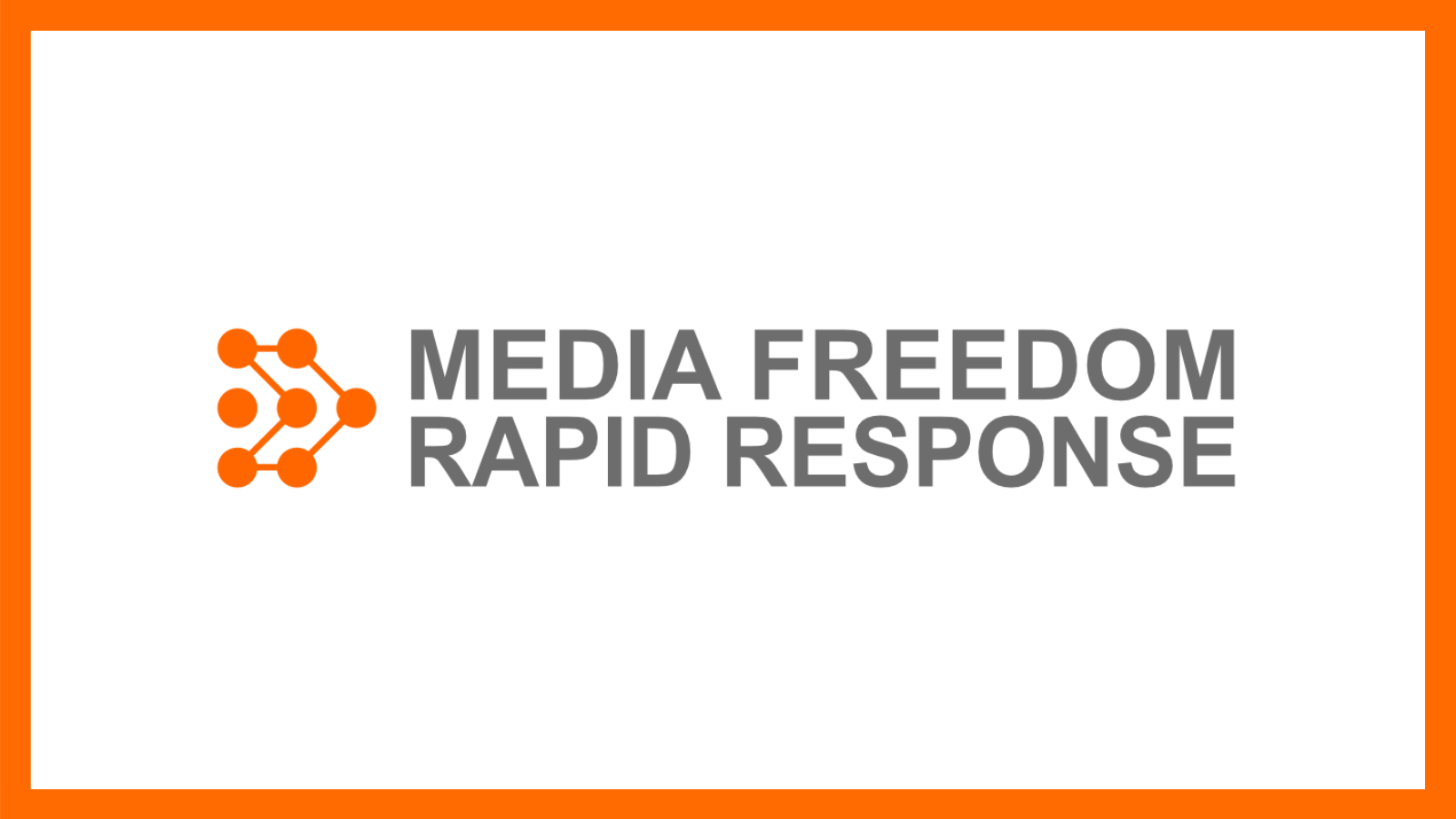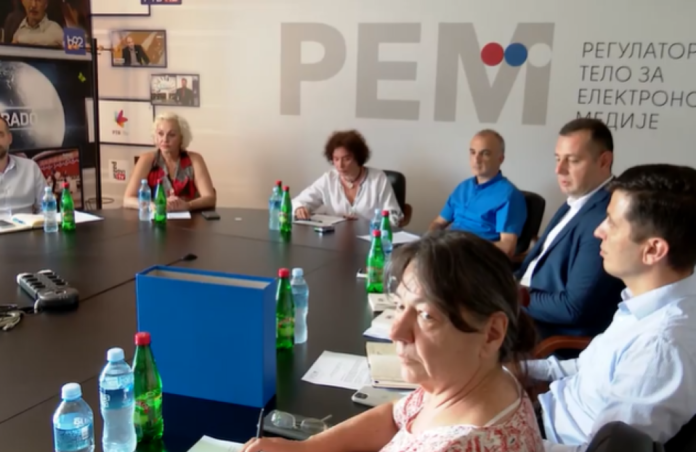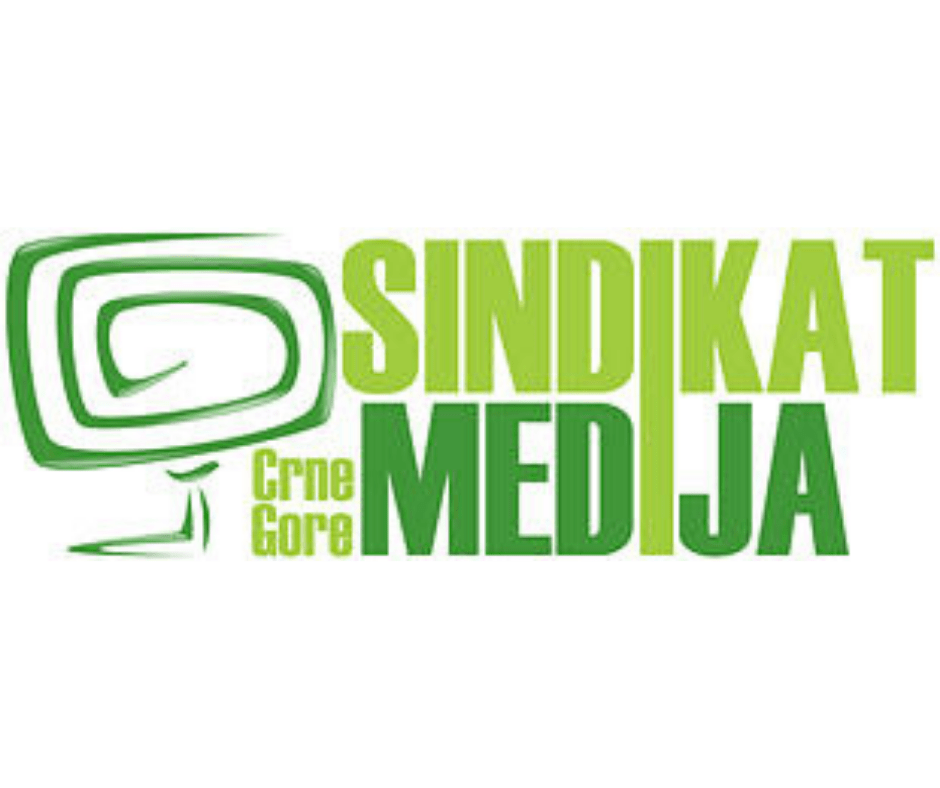According to the media monitoring reports produced within the Reporting Diversity Network 2.0 project, three categories were identified as the main target of hate speech: ethnicity, gender identity and sexuality. These three categories which were the result of monitoring 465 single incidents across the region, make up more than fifty percent of cases (53,13%).
Within the Western Balkan region (Albania, Bosnia and Herzegovina, Kosovo, North Macedonia, Montenegro and Serbia), research has highlighted that racism, sexism, misogyny, nationalism and intolerance to different political, sexual or national identities are still present and still very strong.
Ethnicity is the most problematic category, according to the research findings. Instances of hate speech targeting ethnicity were often tied to the war in the 90s, incidents against migrants and refugees, and the current political situation.
The impact of the wars in the 1990s is most clearly seen in the cases detected in Bosnia and Herzegovina. The cases shows that the target are the so-called constituent nations (Serbs, Bosniaks, Croats), but also the victims of the Srebrenica genocide and in some cases the Roma or Jewish communities as well. The denial of the Srebrenica genocide, for example, happens not just in Bosnia, but also in Serbia. The legacy of 1990’s wars, more generally, still humpers the inter-ethnic relations in the region.
The second most commonly targeted identity is gender. Sexism (mostly targeted towards women) and misogyny are the most common forms of hate speech. What we could see in different cases identified in the region, is that the failure to meet social expectations often serves as a basis for targeting, as some authors (Barratt) call it: femininity-as-fail.
One tendency that is potentially more dangerous than others that are related to gender-based hate speech is the narrative that is created around gender-based violence cases that receive more publicity. Namely, the regional analysis showed that gender-based violence is often accompanied by a narrative that justifies violence and generates hate speech.
The third most commonly targeted group in the region was the one of sexual minorities including predominantly the LGBTQ+ community. The main triggers of incidents which were detected in the period of research, are mostly connected to initiatives which are trying to improve the rights of LGBTIQ community in the region.
Based on RDN 2.0’s monitoring period, six national reports have been created focusing on specific instances and general trends and patterns of hate speech within the Western Balkan region. The data for all six reports were collected in the period of January 2021 – April 2022 whereby, different cases of hate speech were identified through monitoring of both traditional media as well as social media posts related to different identities and groups in the society (such as gender, ethnicity, religion, sexual minorities, and migrants/refugees).
The researchers in all six countries followed a standardised methodology to provide a harmonized overview of specific instances of hate speech either reported or distributed by the media. This provided both a quantitative approach in detecting the frequency of incidents as well as qualitative analysis including narrative analysis, sentiment analysis and visibility analysis to provide an in-depth understanding of the narratives in each of the Western Balkan countries.
Based on the collected data and research, it has become clear that there is a strong promotion of the division between ‘us’ and ‘them’ which has become a tool of maintaining the status quo or, in some cases, securing the political advantage of certain groups in the society. Hate speech has been used and abused as a political tool in public debates and the political arena.
To learn more about hate speech narratives in the region see country reports:
MEDIA MONITORING REPORT: A REGIONAL OVERVIEW
MEDIA MONITORING REPORT ON HATE SPEECH IN ALBANIA
MEDIA MONITORING REPORT ON HATE SPEECH IN BOSNIA AND HERZEGOVINA
MEDIA MONITORING REPORT ON HATE SPEECH IN KOSOVO
MEDIA MONITORING REPORT ON HATE SPEECH IN MONTENEGRO
MEDIA MONITORING REPORT ON HATE SPEECH IN NORTH MACEDONIA
MEDIA MONITORING REPORT ON HATE SPEECH IN SERBIA













